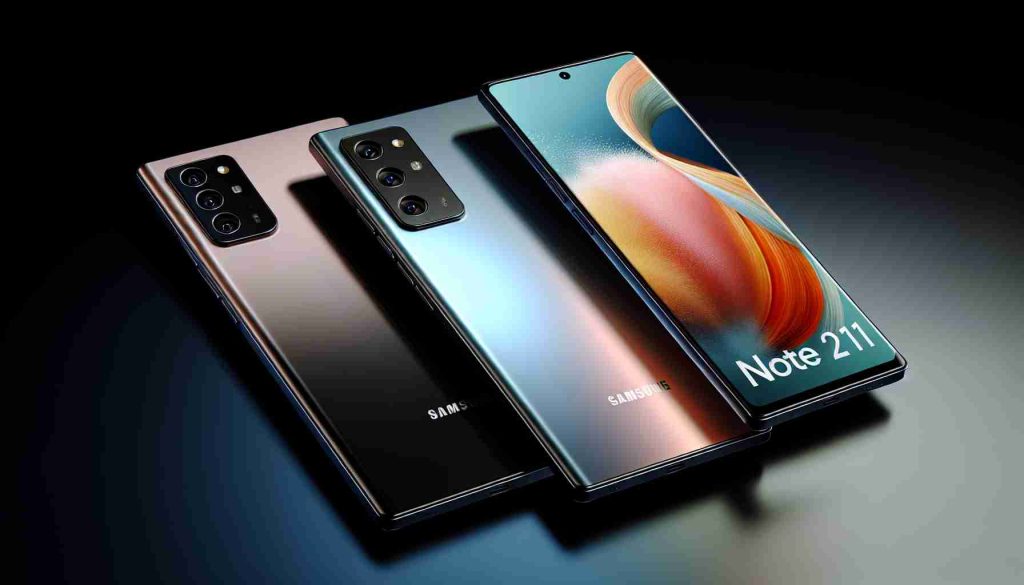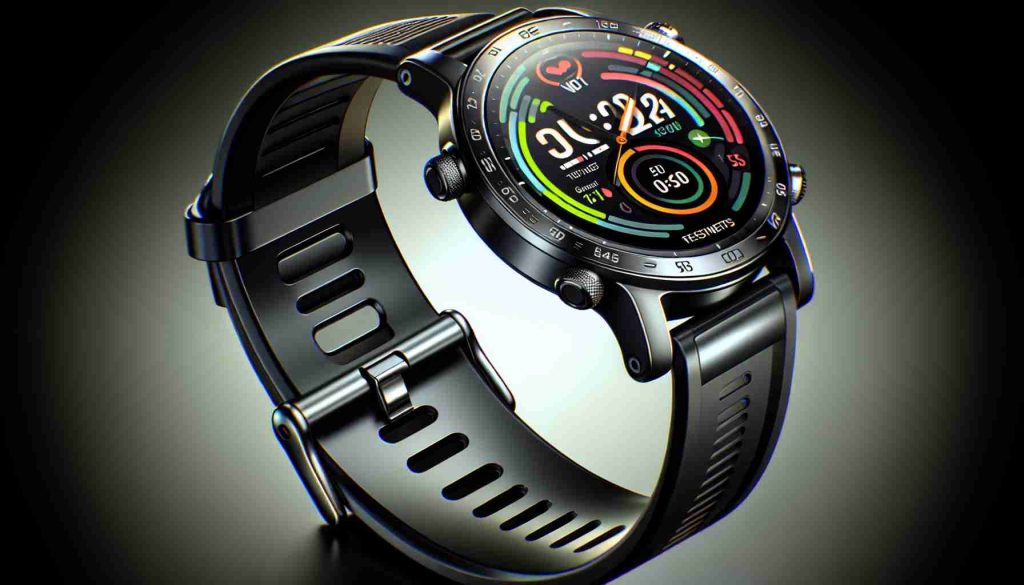On the evening of September 13, Apple initiated pre-orders for its highly anticipated iPhone 16 series, the first of its kind to feature AI capabilities, set to hit the market on September 20. Interest surged notably, causing Apple’s website to experience accessibility issues as the demand overwhelmed their servers. Enthusiastic consumers quickly filled the reservation list, with the iPhone 16 Pro and Pro Max seeing over 187,000 pre-orders, while other models maintained stock availability.
Despite the high excitement surrounding AI integration, analysts speculate that this move might strain Apple’s profit margins. The starting price of the iPhone 16 series remains unchanged from its predecessor, beginning at 5999 yuan, which could ease consumer apprehensions regarding increased costs associated with the new tech.
The launch marks a shift in Apple’s focus from traditional specifications to the implementation of AI features. However, many users may experience limitations initially, as certain functionalities like satellite communication and swift charging will not be available in the initial release.
Competing brands are already capturing attention, with second-hand market speculation elevating the prices of devices like Huawei’s Mate XT. As Apple contends with growing competition, especially in the lucrative Chinese market, its ability to gain traction with AI may be crucial for its future success. According to industry reports, the upcoming year may see a revival in smartphone sales, yet Apple’s late entry into the AI sphere could pose significant hurdles.
The Launch of Apple’s First AI Smartphone: Anticipation and Challenges
As the launch of Apple’s much-anticipated iPhone 16 series approaches, the spotlight is firmly on its groundbreaking artificial intelligence (AI) features. With the iPhone 16 set to debut on September 20, questions abound regarding the practical applications of its AI capabilities, as well as the challenges that Apple may face in an increasingly competitive market.
What are the Key Features of Apple’s AI Technology?
Apple has designed its iPhone 16 series to include an advanced AI chip that allows for real-time processing of user data. This chip can enhance camera functionalities through improved image recognition and automated scene optimization, promising users a more intuitive photography experience. Additionally, AI-driven personalization features aim to tailor the user interface according to individual preferences and behaviors, making the device smarter over time.
Key Challenges and Controversies
The introduction of AI technology isn’t without hurdles. A significant concern for consumers and industry analysts alike is the potential for privacy breaches. As AI systems collect and analyze vast amounts of personal data to deliver customized experiences, the safeguarding of user information becomes paramount. Furthermore, some critics argue that the reliance on AI could lead to a decrease in user control, making people overly dependent on their devices for decision-making.
Another challenge comes in the form of software bugs and operational failures that often accompany new technology. The complexities involved in AI integration mean that initial versions may be riddled with glitches, leading to a frustrating user experience. This could particularly affect Apple’s reputation, as high-quality user experience has long been a hallmark of the brand.
Advantages and Disadvantages of AI in Smartphones
The incorporation of AI into smartphones offers numerous advantages. For instance:
– Enhanced user experience through personalization and smart suggestions.
– Improved efficiency in performing tasks such as scheduling and reminders.
– Advanced imaging capabilities with features like facial recognition and scene detection.
However, there are notable disadvantages, including:
– Privacy concerns regarding data usage and potential surveillance.
– The possibility of reduced battery life due to continuous data processing.
– High costs involved in producing AI-centric devices, which could affect pricing and profit margins.
Conclusion
The release of the iPhone 16 highlights Apple’s ambition to lead the charge in AI-driven mobile technology. However, it also raises critical questions about user privacy, device reliability, and the company’s ability to stand out in a saturated market. As Apple braces for this significant leap, the balance between innovation and user trust will be essential for its success.
For more insights into the world of technology and smartphones, visit Apple for updates on their latest products and features.























